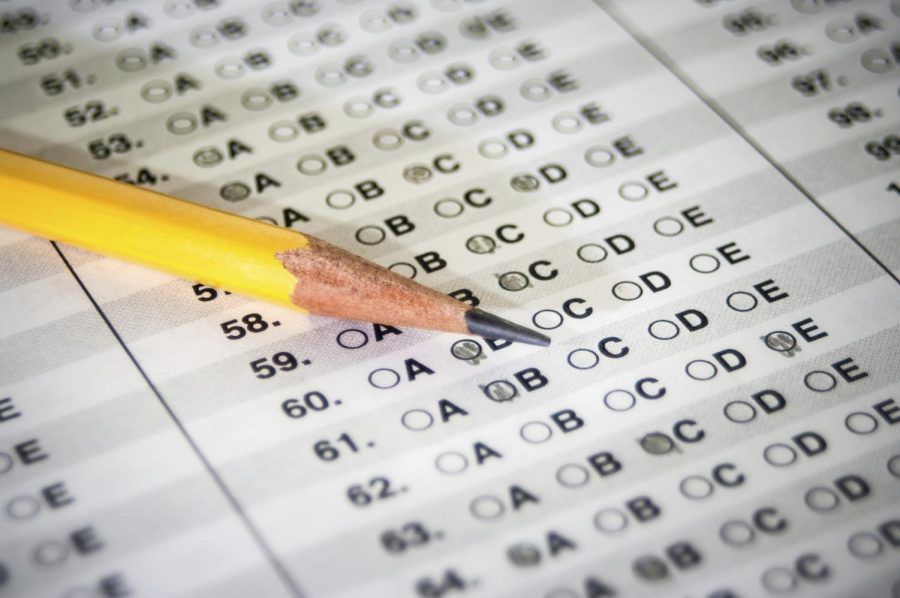The Future of “Test-Optional”
May 2, 2023
Mid-March marked the 3-year anniversary of the day I was sent home early from Woodland Middle School, having been told to take all my supplies “just in case”. Flash forward to 2023 and I’m a high school junior suffering from early onset of senioritis and starting to dread the college application process. Although discussions of COVID-19 seem to have ceased overnight, the remnants of the pandemic are evident in every sector of life. Families are recovering from the loss of their loved ones, scientists are debating the effectiveness of past mask mandates, and colleges are…still test-optional?
While it wouldn’t be fair to entirely associate test-blind and test-optional policies with the pandemic (seeing as Bowdoin College hasn’t required test scores since 1969), it’s not a stretch to say that widespread testing center closures served as sturdy motivation. But now, with the U.S. planning to end the public health emergency for COVID-19 in next week, students and universities alike have had to adopt new, coronavirus-unrelated arguments against requiring SAT and ACT scores. In 2021, the University of California school system announced a permanent moratorium on testing, citing concerns over bias against low-income and underrepresented minority applicants. A later California court order solidified this stance. More recently, Columbia University announced that it would continue test-optional admissions indefinitely, underscoring the benefits of holistic application review.
Yet, it would seem not all are in favor of forgoing standardizing testing. STEM-focused universities are far more inclined to reinstate traditional policies, with MIT requiring test scores for the class of ‘23 and beyond and Purdue by the 24-25 admissions cycle. Representatives from the MIT Admission Blog state that “our ability to accurately predict student academic success at MIT is significantly improved by considering standardized testing,” a message echoed by most test-required universities. Among the applicants themselves, however, the typical grievance is that test-optional policies are to blame for record-low application rates and allow “unqualified” students to take up admission seats.
When standardized test requirements are dropped, students with scores below a college’s 25th percentile average are encouraged to apply, believing their acceptance chances to be greater. Therefore, with test-optional admissions came an inevitable drop in acceptance rates, as the number of applicants grew while first-year enrollments remained stagnant. Although this doesn’t inherently make a university more competitive, applying to popular majors such as computer science, engineering, business, and nursing has increasingly become a crapshoot at selective schools. This year, Warren students suffered from an abundance of waitlists and rejections at popular state schools, such as UIUC, UW-Madison, Purdue, and the University of Michigan. However, the UC schools still top the list of the most applied to schools, with UCLA alone receiving over 145,900 first-year applications in 2023.
Critics may point to these figures as evidence against test-optional policies, but proponents have remained firm in their support. Students argue that their acceptance to a university shouldn’t be based so heavily on a 3-hour test, and the schools overwhelmingly agree. Harvard College, which plans to extend its test-optional admissions through the class of ‘30, reaffirmed its commitment to holistic application review. “Consistent with Harvard’s whole-person admissions process,” admission officers claimed, “standardized tests are one factor among many considered.” All eight Ivy Leagues are test-optional for the foreseeable future.
It’s hard to argue with some of the world’s most prestigious universities when they lessen the importance of standardized testing, and as long as they continue to set precedent by not requiring test scores, most other schools will follow. I’d nevertheless encourage all students to take the SAT or ACT at least once as a means of insurance.









